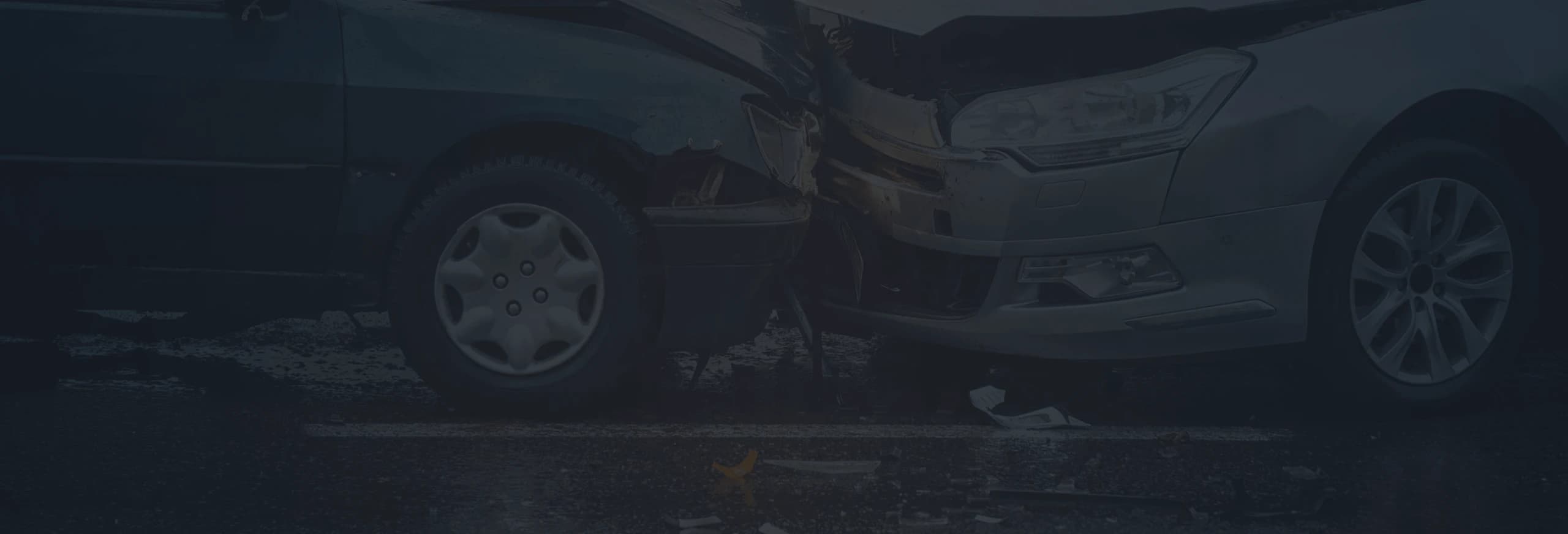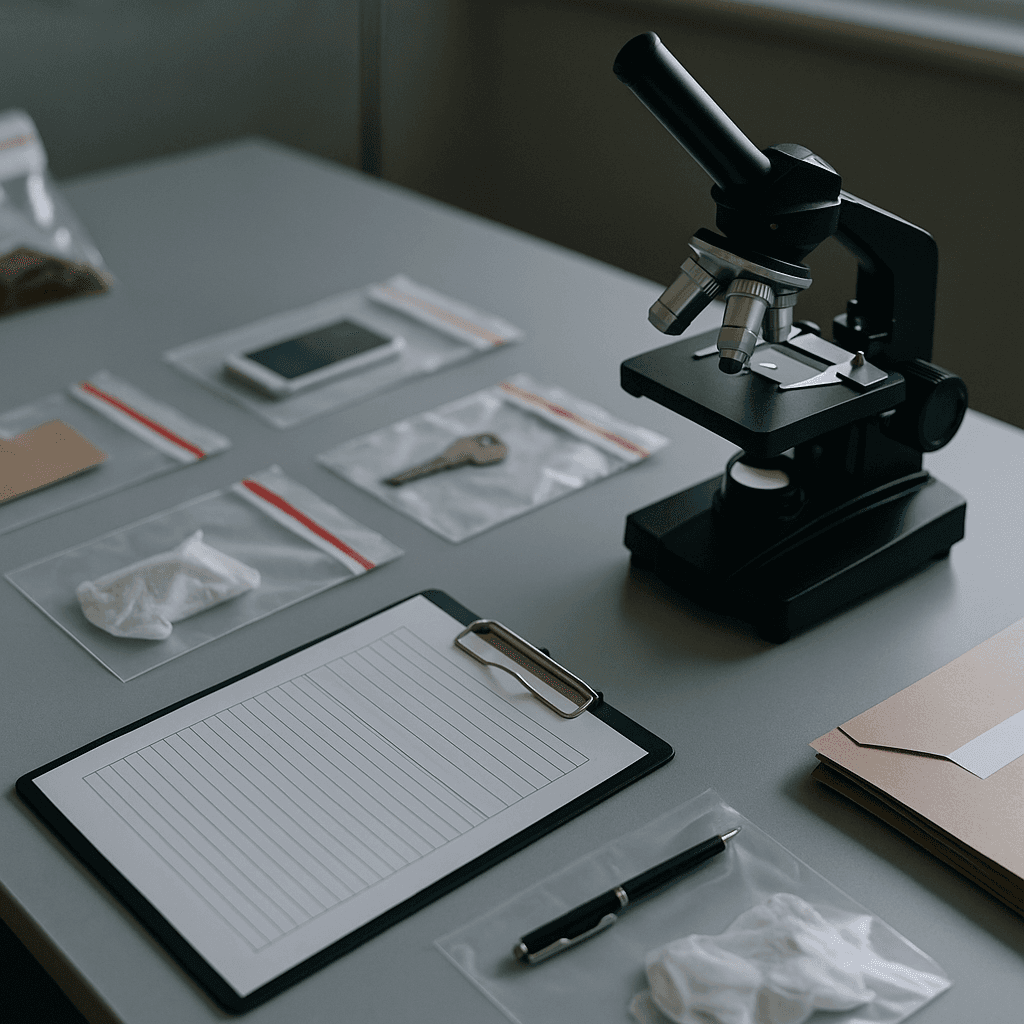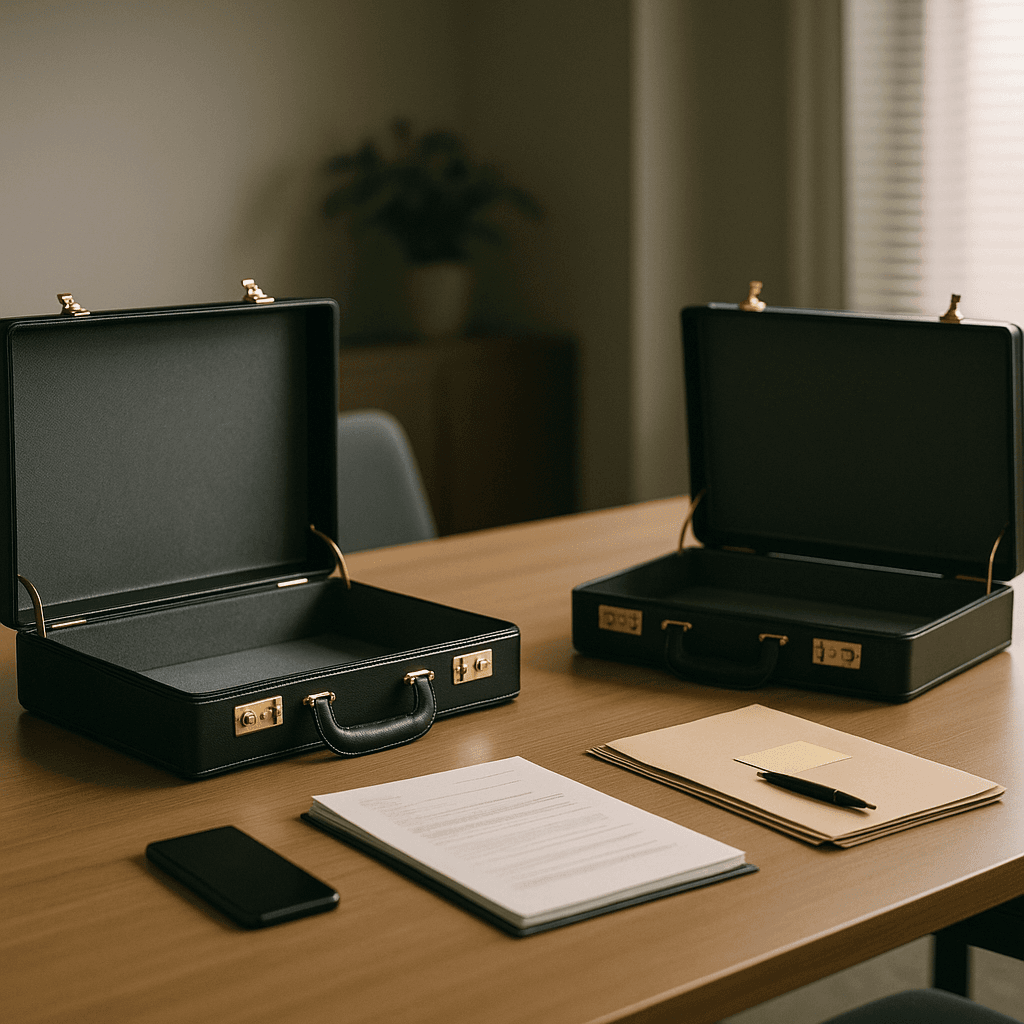
When a Quick Glance Becomes a Crash: Understanding Phone Distraction on Arizona Roads

Turning risky scrolls into legal protection for crash victims
Scrolling at 65 MPH—A Split-Second Story
You’re on the 101 heading home, sunset blazing in the mirrors, when the driver in the next lane dips their head toward a buzzing phone. Five seconds flash by—about the time it takes to say “be right there”—and their SUV drifts over the line, punching your rear quarter-panel. That tiny lapse is part of a national crisis that claimed 3,275 lives in 2023.
Contact our team today so we can fight to help you get the compensation you deserve.
Stats That Should Make You Set Your Phone Down
We all know distraction is bad, but the numbers hit harder than any headline:
- 39% of high-school drivers confess to texting or emailing at least once in the past month, according to the CDC Youth Risk Behavior Survey.
- A single texting ticket adds roughly 28% to your annual car-insurance bill—roughly $530 on the average Arizona premium.
- Closer to home, 8,988 Arizona crashes in 2022 listed distraction as a factor, killing 57 and injuring thousands more.
Why so dangerous? Phone use undercuts driving in three ways: your eyes leave the road, your hands leave the wheel, and—most treacherous—your mind leaves the moment. At freeway speeds that mental drift covers a football field in the dark.
How Arizona’s Hands-Free Law Shapes Your Claim
Since January 2021, Arizona drivers must keep phones out of their hands. Fines run $75–$149 for a first hit and up to $250 for repeats. A citation issued at your crash scene doesn’t just sting the other motorist’s wallet—it becomes powerful proof of negligence when you pursue compensation for:
- ER visits, rehab, and future medical needs
- Lost wages and diminished earning capacity
- Pain, suffering, and loss of life enjoyment
- Vehicle repair or replacement
If distraction leads to catastrophic injury or death, prosecutors may layer on reckless-driving or manslaughter charges, but the civil claim remains your main path to financial recovery.
Free Consultation 24/7, call (844) 343-9609
Crash Just Happened? Do These Five Things First
- Call 911—symptoms like concussion or internal bleeding hide behind adrenaline.
- Document everything: skid marks, shattered glass, traffic lights, phone fragments, and especially road signs that prove right-of-way.
- Gather witness contacts before they disappear into evening traffic.
- Note behavior—an apology like “Sorry, I didn’t see you” or a phone still glowing in the other driver’s hand can be gold later.
- Call Accident Hotline so a lawyer can lock down dash-cam video, subpoena carrier logs, and stop insurers from spinning the story.
Those first hours matter; digital evidence can vanish when a device auto-deletes data or a municipality overwrites camera footage.
Call (844) 343-9609
From Evidence to Settlement: What a Distracted-Driving Lawyer Does
Think of your attorney as both storyteller and bodyguard. They weave phone-metadata timestamps, crash-reconstruction analysis, and medical evaluations into a narrative that shows exactly how a text turned into titanium plates in your collarbone. Meanwhile, they fend off insurance tactics such as:
- “You were partly at fault.” Arizona’s comparative-fault rules still let you recover damages even if the adjuster blames you for a small percentage of the crash.
- Quick lowball offers. A fast $5,000 check may feel tempting when bills stack up, but an experienced lawyer estimates the real lifetime cost before negotiating.
- Delayed medical-record requests. The longer paperwork drags, the more desperate victims get; legal counsel keeps the claim moving.
Most firms work on a contingency fee, so you pay nothing up front and nothing at all unless money comes back to you.
Top Questions
Is texting always illegal while driving in Arizona?
Yes. Handheld phone use is banned statewide, even when you’re stopped at a light. Built-in voice commands or dashboard mounts are the only safe—and legal—way to interact with your device on the move.
How can phone use be proven if the driver denies it?
Attorneys combine subpoenaed call-detail records, vehicle infotainment logs, intersection-camera footage, and eyewitness statements. When timestamps align with the crash, denial evaporates.
How long do I have to file an injury claim?
Arizona generally allows two years from the accident date. Acting sooner helps preserve digital evidence and avoids last-minute filing rushes that insurers love to exploit.
Smashed bumpers, hospital stays, weeks off work—one careless scroll shouldn’t derail your life. Reach out today and Accident Hotline will match you with an experienced Arizona distraction-crash lawyer ready to chase every dollar you deserve.
For a free consultation, call (844) 343-9609
Blog Posts:

The Role of Expert Witnesses in Injury Litigation
Why Expert Witnesses Matter in Personal Injury Cases In personal injury litigation, facts alone are often not enough. While evidence like medical records, photographs, and witness statements paint part of the picture, juries and insurance companies frequently need context and explanation to understand the full scope of an injury and its impact. This is where expert witnesses play a pivotal role. Expert witnesses are professionals—often doctors, engineers, economists, or accident reconstruction specialists—who provide testimony based on their specialized knowledge. Their objective is not to advocate for one side but to clarify complex issues that require professional interpretation. In many cases, their opinions help bridge the gap between evidence and understanding, making them critical to achieving fair compensation.

How Insurance Companies Evaluate Injury Claims
How the Evaluation Process Really Works When you file a personal injury claim, the insurance company begins a process that is anything but simple. Behind every offer or denial, there's a calculated evaluation designed to protect their bottom line. Insurers use data-driven methods, past claim outcomes, and internal guidelines to assess how much—if anything—they believe your case is worth. The goal of the insurance adjuster is straightforward: to settle your claim for as little as possible while closing the file quickly. They'll review your medical records, accident details, and even statements you've made to determine liability and damages. The more organized and detailed your claim presentation, the harder it is for them to undervalue it.

The Dangers of Handling a Personal Injury Case Without Legal Help
Understanding What's at Stake After an accident, it's natural to want to resolve things quickly. Medical bills begin piling up, your work may be disrupted, and insurance adjusters often seem eager to "help." Many people believe they can handle their personal injury claim on their own—especially if the situation seems straightforward. But personal injury law is complex, and even minor missteps can lead to significant financial loss. Without professional guidance, you may underestimate your claim's value, miss critical deadlines, or make statements that insurers later use against you. The legal process is designed to protect both sides, and insurance companies have experienced professionals working to limit payouts. Without an equally skilled advocate on your side, you're at a clear disadvantage. That's why consulting a personal injury lawyer early in the process is often the difference between fair compensation and a costly mistake.

When Should You Switch to a Different Injury Lawyer?
Knowing When It's Time for a Change Choosing the right attorney after an accident is one of the most important decisions you'll make in your recovery journey. However, not every lawyer-client relationship is a perfect fit. Sometimes, despite your best efforts, you may realize that your current representation isn't meeting your expectations. Whether it's poor communication, lack of progress, or a sense that your case isn't being handled effectively, recognizing when to switch attorneys can make all the difference in the outcome of your claim. Switching to a new personal injury lawyer doesn't mean starting over from scratch—it means taking control of your case and ensuring it receives the attention and effort it deserves. Understanding what to expect from your legal representation can help you identify the warning signs that it might be time for a change.
Get an agent on the line in seconds
Responsive
Legal Assistance
Our personal injury attorneys advocate for the funds necessary to cover bills, secure medical treatment, recoup lost wages, and provide compensation for your pain and suffering.
Are you facing unfair treatment from the insurance company?
Do you know the value of your case?
Is the insurance company asserting that the accident is your responsibility?

We'll get back to you ASAP.
Get Your Free Consultation
You Pay Nothing Unless We Recover Compensation For You
